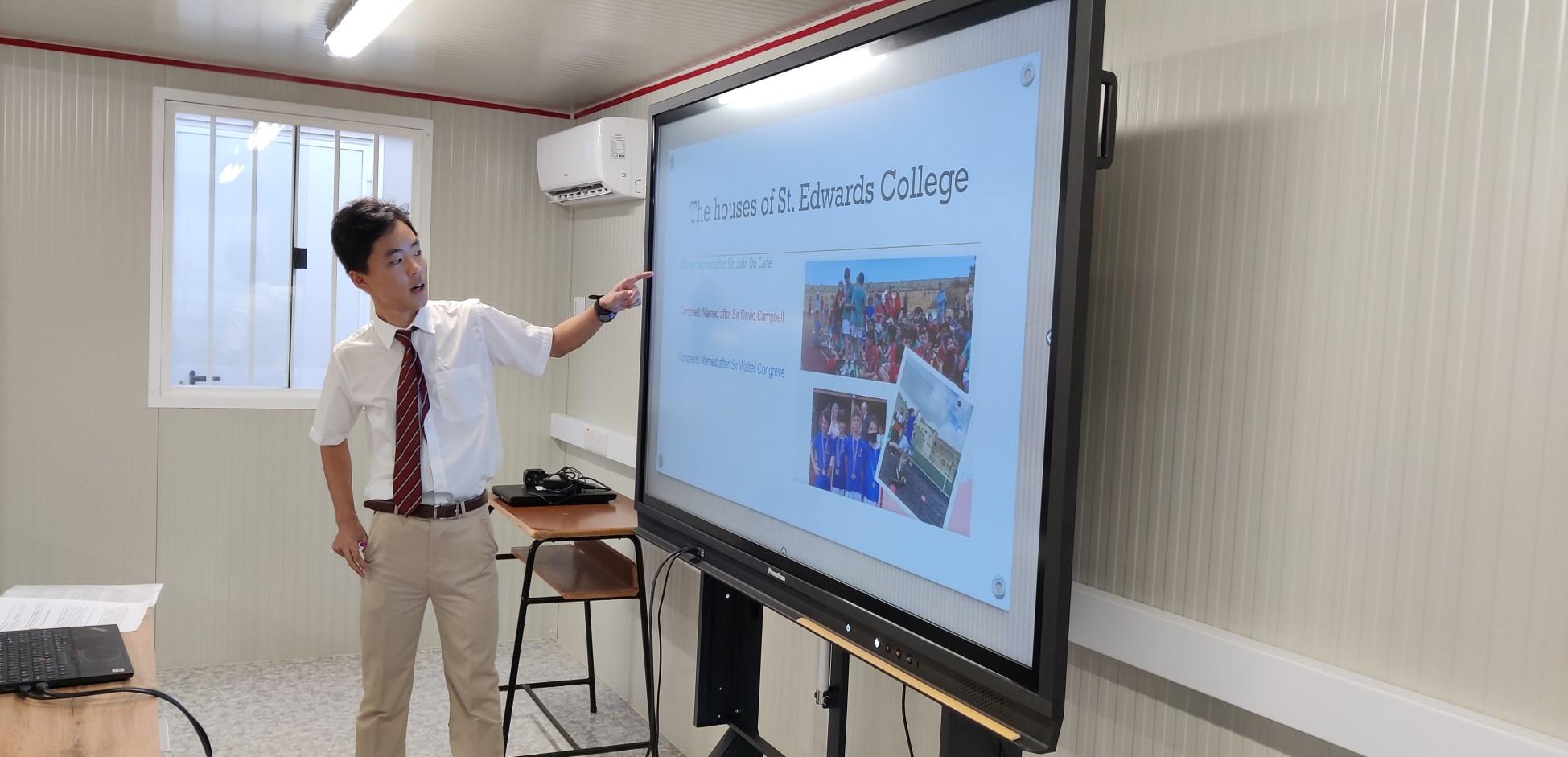
1 minute read
Operation Wallacea
Mother and Son combo join Operation Wallacea
By Daniela and Julian Coppini
Advertisement
The Mother’s Perspective
The first time I heard about Operation Wallacea was in 2019. Julian, my son, came back from College telling me that they had a talk at school by someone who organizes youth travel. I clicked on the link provided by Headmaster and there I discovered a world of science, adventure and
travel. I was immediately excited to know that Julian could have this amazing opportunity in the summer holidays - one that changes him and marks his development. I filled in an application and paid the deposit.
Unfortunately, Covid changed our plans that summer. The trip, was eventually postponed - twice! As 2 years passed, Julian ended up being the only boy from St Edward's participating and had to join a group from St Aloysius College going to an expedition in Croatia. Months passed, the departure date was approaching and the excitement was palpable until I got yet another email from the organizer. This time the problem was that there were no teachers from St Aloysius interested in accompanying the group. When Julian came home from school that day, I told him that I had good news….and bad news. The good news was that St Aloysius College accepted that Julian joins their group on the expedition, while the bad news is that they have no teachers to accompany the group and the Opwall Wallacea director asked me to chaperone the group to Croatia.
The 2 week programme was packed with fun and interesting activities. For the first week, we were based in a camp site close to the famous Kyrk National Park. The students had expeditions
Daniela Coppini, Mother
What is Operation Wallacea?
Operation Wallacea is a biodiversity and climate research organisation. For 25 years it has run biodiversity field expeditions to support the research of hundreds of academics and funded from tuition fees paid by students that then gain experience of working with publishing scientists. Nearly 600 papers in peer reviewed journals have been published from these research programs.
2








